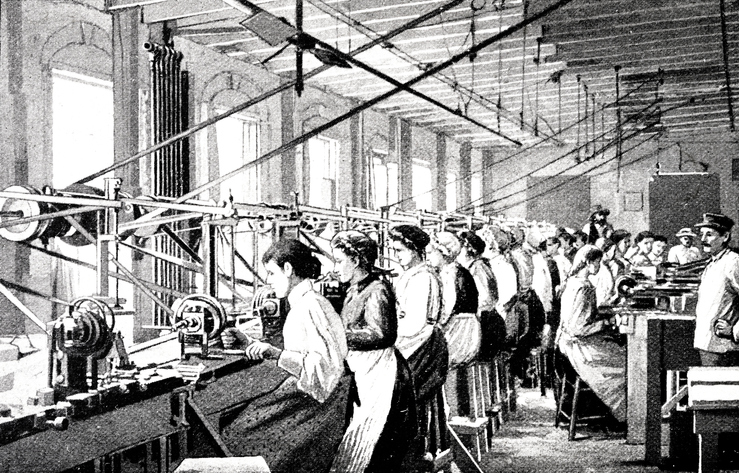This content has been archived. It may no longer be relevant

When I first started writing about sales in 2007 my main angle was that we should “bring science to selling”. As an engineer, I could not understand how we had applied virtually no science to how we sold. Everything seemed to be left up to the individual sales person.
Today, we’ve had a lot of improvement. Some great thought leaders have written and spoken about this so much, that some actual change has occurred in real sales organizations.
SDRs have landed
One of the breakthroughs that has occurred in building more efficient sales organizations has been role specialization. Most obviously introducing Sales Development Reps (SDRs) to drive leads, or appointments, to their account executive colleagues. I give a ton of kudos to blokes like Aaron Ross for figuring this out, evangelizing it and implementing it in dozens of companies.
There’s evidence now that this structural change in sales organizations has driven higher revenue. These organizational transformations have gone hand-in-hand with the adoption of many new software tools to help these SDRs be more efficient and effective. Great stuff!
But what about sales people?
There’s a bit of a catch here for sales people themselves though.
A group of SDRs are hacking away at the market, searching for those few people that will actually talk to them. Often even in good sales organizations SDRs can make 100, 200 or 300 calls (ore even more emails) to set up one meeting.
These new sales organizations are rather like factories in the industrial revolution and these SDRs are the factory workers of the sales organization.
Interestingly, as this approach has started to “cross the chasm” there is a growing demand for SDRs. People are finding that industrialization is better than running sales as a “cottage industry”.
It’s more efficient to have dozens of people making phone calls and sending emails than having every sales person executing their own sales process without any tools or management.
The question now for sales people is, “do you want to be a factory worker?” And if it seems like a good gig for now, do you always want to be a factory worker? How long do want to work in a factory? Two years, five years, ten, twenty years?
A different way
If you’ve read this blog before, you know I think there are other ways to sell. This other way leverages relationships to open doors, so success rates change by at least an “order of magnitude” (a factor of 10) vs. the mass prospecting approach.
A key part to making this approach work is having relationships. A key part to having relationships is keeping in touch with people. When you keep in touch with people you grow what we old people call a “Rolodex”.
A “Rolodex” is your asset. It belongs to you.
Smart business owners realize that your “Rolodex” is like a map to where the treasure is buried. They realize they won’t need to hire dozens of factory workers to pump out thousands of calls and tens of thousands of emails to find a few qualified leads. You will use your Rolodex to take them straight to the leads.
Sales people with “Rolodexes” dictate their own terms.
If you’re in sales, or thinking of getting into sales, the question is what do you want your career to look like? Are you willing to put in some time to build your Rolodex, or do you always want to work in a “factory”?